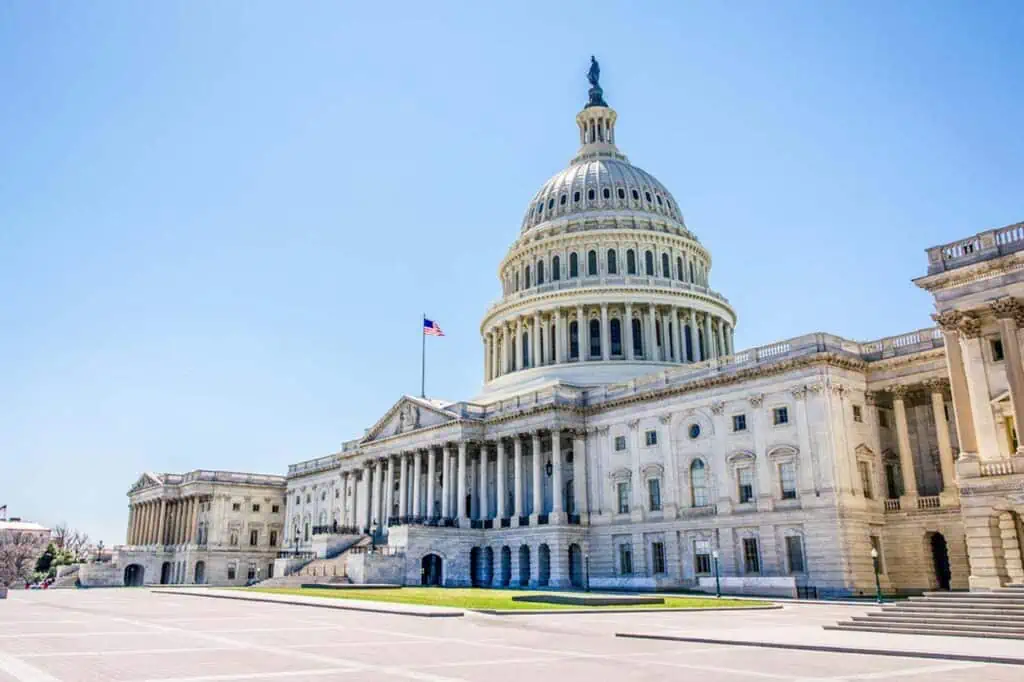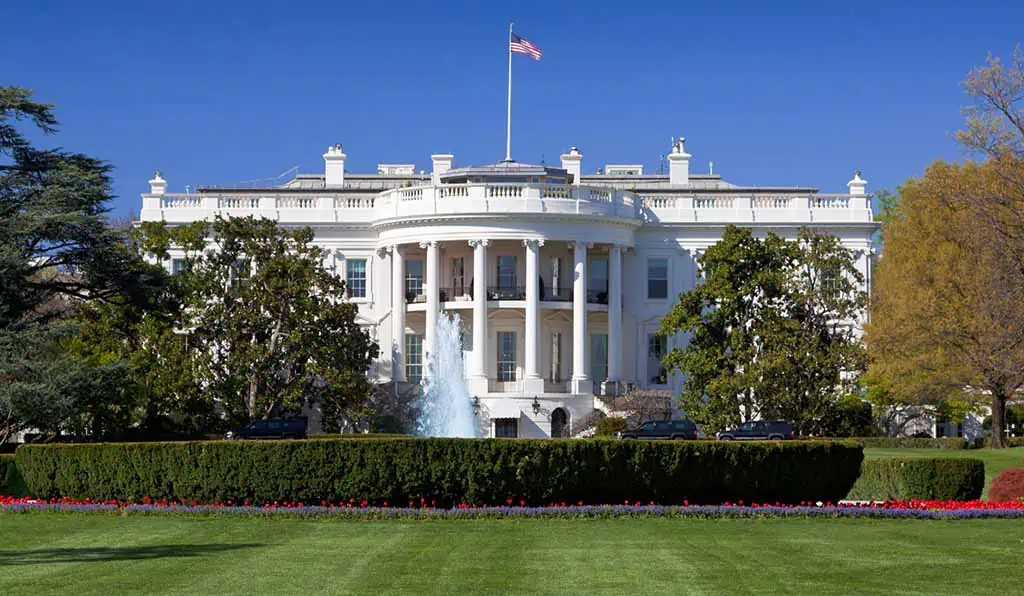Moving Forward with Licensure for Internationally Trained Health Professionals
Momentum is mounting across the country to remove barriers to licensure for immigrants and refugees with international health care credentials. To date, six states—New Jersey, Nevada, Colorado, Michigan, New York, and Massachusetts— have issued executive orders to address health care shortages arising from the COVID-19 crisis by adjusting licensing requirements to allow internationally trained health care professionals to practice on a temporary basis. Yet, these measures will last only the duration of the state of emergency. For enduring change, it is ultimately up to state lawmakers to act.
Find resources and guidance on the IMPRINT coalition’s new page Opening Pathways for Immigrant and Refugee Health Professionals
Immigrants and refugees already play a vital role in the U.S. health care system, comprising 1.5 million health care workers. Nearly 30 percent of America’s physicians are immigrants, according to a data analysis by New American Economy (NAE). The Migration Policy Institute (MPI) reports that immigrants and refugees make up over 20 percent of U.S. nursing, psychiatric, and home health aides, and 15 percent of all registered nurses (RNs).
But, across the U.S., many of these highly qualified professionals are unable to obtain licensure in the U.S. without meeting time-consuming and expensive requirements—in some cases including repeating years of training and clinical experience. MPI estimates that there are 263,000 immigrants and refugees with degrees in health care who are either unable to put their life-saving skills to use in their current roles or are unemployed. Of these, over 60 percent gained undergraduate degrees in health care outside the U.S. Immigrants and refugees with nursing degrees were the most affected, making up 45 percent of all immigrants and refugees with underutilized health degrees.
There is increasing public support for opening pathways for immigrant and refugee professionals to help mitigate shortages in medical care in the U.S. A recent YouGov survey showed that Americans support internationally trained doctors and nurses temporarily practicing medicine to help care for COVID-19 patients by a six-to-one margin.
Last month, IMPRINT launched a campaign calling on the U.S. health care and public health sectors to make their voices heard in support of opening pathways to licensure for internationally trained immigrants and refugees. To date, more than 70 organizations and individuals in the health sector have signed onto this open letter to governors urging the exercise of their emergency authority to adjust licensing requirements for internationally trained health professionals.
Among the signatories are the American Public Health Association (APHA), the nation’s leading public health organization. José Ramón Fernández-Peña, MD, MPA, president-elect of the APHA explains that “it is critical we support the public health systems and recruit and retain the talented workforce needed to meet current challenges and to protect the nation over the long term.”
Read the full Open Letter from the Public Health and Healthcare Community to Governors here.
As consensus builds across the country, state lawmakers can seize the opportunity to create forward-looking policies to remove barriers to licensure for qualified internationally trained immigrant and refugee health professionals.
State lawmakers should expand temporary licensing policies by taking steps to ensure parity in licensure requirements for all internationally trained health professionals and develop standardized assessment and certification processes. Additional investments in career guidance and support services for internationally trained health professionals, and dedicating funding to residency spots for international medical graduates are also critically needed. Some states have established task forces of diverse stakeholders, including representatives from the health sector, higher education, community-based organizations, government, and internationally trained health professionals themselves. These taskforces have helped pave the way for effective policy changes by evaluating the barriers affecting immigrant and refugee professionals seeking to re-enter health fields in the U.S. and making recommendations on ways to address these barriers.
Members of the IMPRINT coalition will continue to urge policymakers to identify solutions that improve the U.S. health care system by addressing barriers limiting immigrant and refugee professionals from joining the health care workforce, during the current crisis and looking ahead.
Questions? Comments? Tell us what you think here.
Click here for more from WES Global Talent Bridge.





